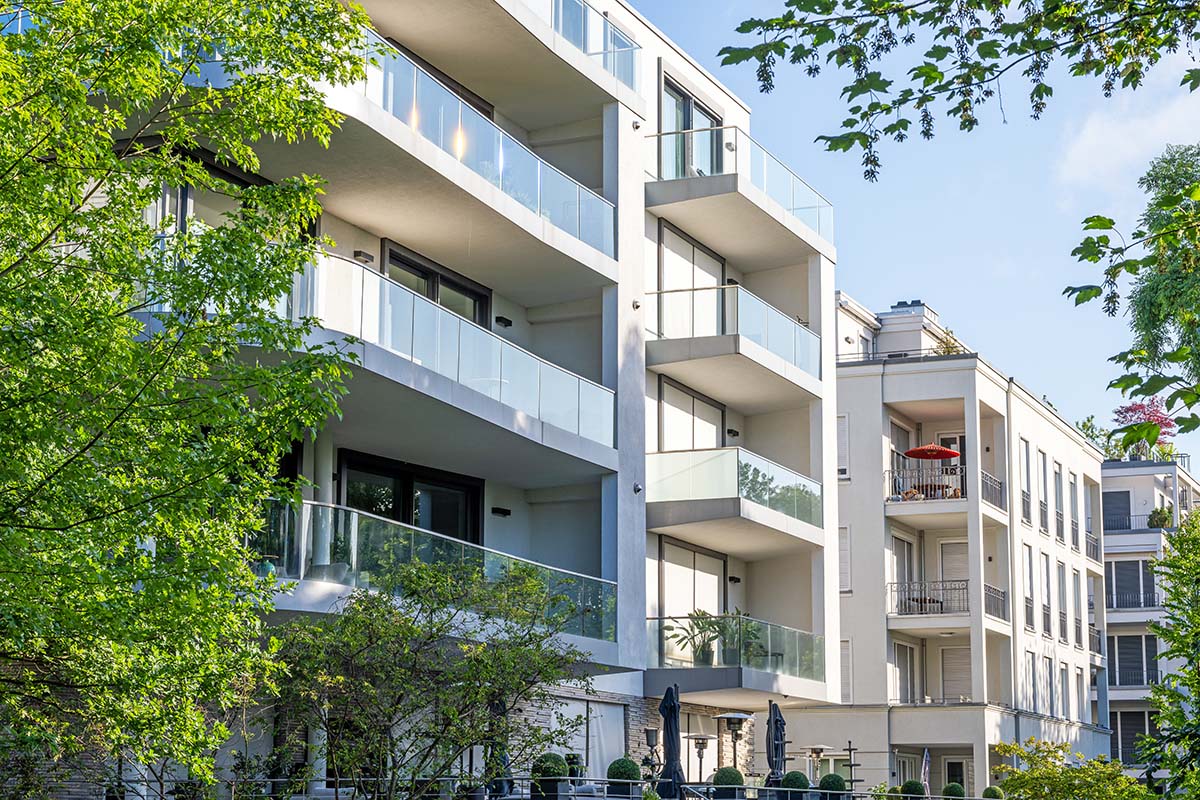The Ultimate House Viewing Checklist for Buyers
06 Jan
Please wait...
12 Apr

Most people understand what it means and how it looks to rent an apartment or own a home. However, renting a condo is a little unclear. This is primarily because the approach to leasing condos, or condominiums, differs from houses and apartments.
So, if you are considering renting a condo, there are some things you should know and tips to help you have the best renting experience possible, no matter who you rent from!
Renting a Condo vs. Apartment
So, what is the difference between apartments and condominiums? These two renting options are very similar on the surface, but a few significant things set them apart from one another.
Buying vs Renting a Condo
Especially for first-time buyers, deciding to buy or rent a condo can be challenging. The key is to determine what the best choice for you is. In many cases, renting a condo is much more expensive in the long run than buying the space. However, the down payments and other requirements for purchasing a condo can be daunting and are only affordable for some. This makes renting a condo a more attractive option for those unable to afford large upfront costs.
In general, buying a condo is a better long-term choice when you have the following:
Otherwise, renting a condo may be the best choice for you right now. That way, you only worry about the initial costs of renting and the monthly payments.
The Top 5 Tips for Renting a Condo
Because renting a condo can be a unique experience for everyone, it can be challenging to understand what you are getting yourself into. However, there are five tips for condo tenants to consider to help make their renting experience run smoothly and be as enjoyable as possible.
1 | Understand the Leasing Agreement
When renting a condo or apartment, one of the most important things is to have a clear understanding of the leasing terms, conditions, restrictions, and more. That means you must read all documentation thoroughly.
Knowing the conditions you are agreeing to before signing a document will save you trouble, miscommunications, and possible unexpected fees in the future.
For example, a leasing agreement may restrict the number of people allowed to live in the unit, where visitors can and cannot park their vehicles, and restrictions on pets. These are vital pieces of information you will need to know and understand–Don't be afraid to ask your landlord any questions you may have when reading through the documentation.
2 | Know the Local and State Laws
Similarly, knowing the laws regarding renting a condo in your state and surrounding area is beneficial. Not all landlords have the best intentions, so this will protect you from scams, mistreatment, and more. Some of the most common legal issues involve the tenant's privacy rights.
3 | Prioritize Communication
One of the best perks of renting a condo is the personalized experience. While apartment management companies often have hundreds or more properties to care for, your condo owner will have significantly less– or possibly just your unit alone!
In this case, renters should take advantage of the opportunity for effective and frequent communication with their landlord. For instance, if you encounter a small leak in your plumbing, let the owner know as soon as you discover it. This will lead to quicker and less expensive solutions and build trust and respect with the owner. In all, you will enjoy a better renting experience.
4 | Get Everything in Writing
Because an individual owner is not always as professional and standardized as an apartment leasing company, tenants must keep a detailed record. Getting everything in writing can prevent misunderstandings and legal disputes in the future.
For example, if you request a repair, be sure to get the communication with your landlord in writing and keep copies. And if the conversation is verbal, send s a letter to confirm.
5 | Purchase Renter's Insurance
Whether renting a condo or an apartment, renters insurance is a wise investment. Insurance through the leasing agreement with a landlord isn't enough to cover any damage or losses caused by natural disasters, theft, or repairs gone wrong. You never know what may happen, so playing it safe with renters' insurance is best.
CITED: Fsresidential.com, Themortgagereports.com, Nationwide.com